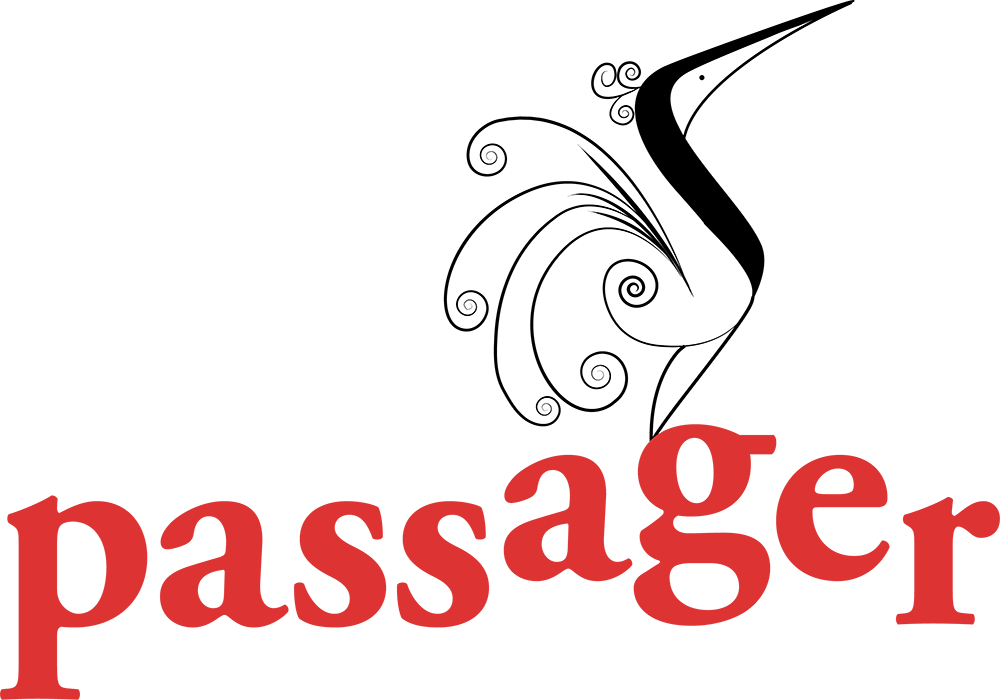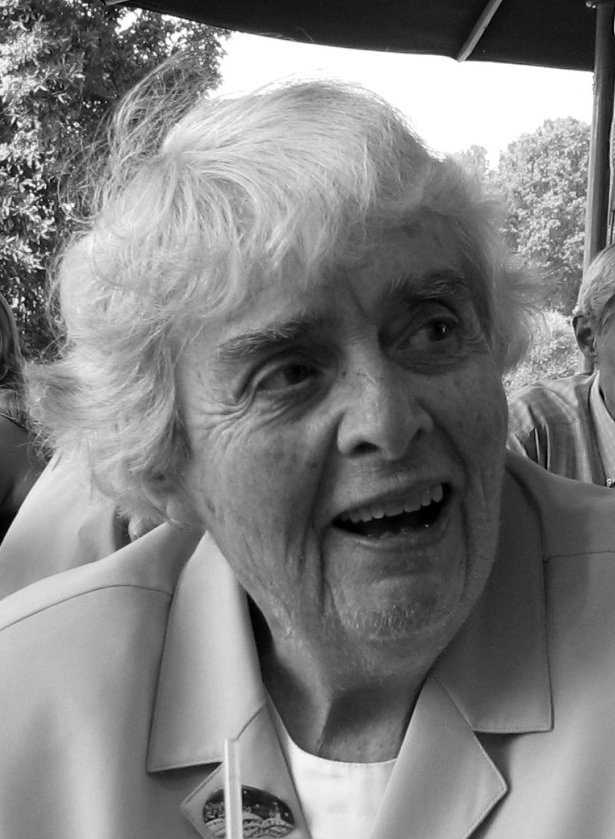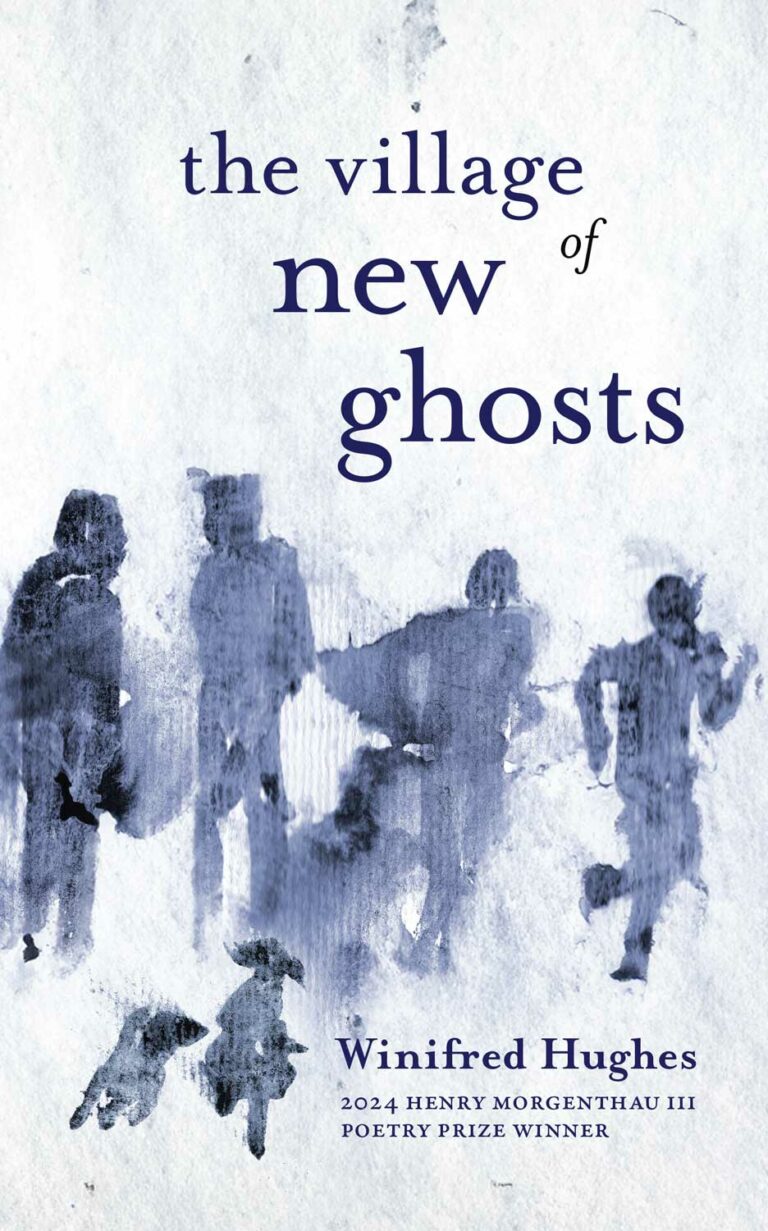National Ampersand Day




Honoring the ampersand and the bridges between ideas, with poems by Marilyn Wallner, Anne Myles, Patricia Zylius and Sarah Yerkes.
7 minutes
TRANSCRIPT
You probably already knew this, but I just learned that September 8th wa National Ampersand Day! An ampersand — in case you’d forgotten — is that little symbol that means “and.” It started out typographically as a connected “e” and “t.” E and T spell “et,” of course, which in Latin means . . . “and.” And it’s celebrated on September 8th because that date can be written almost entirely with ampersands. You can see an example of that if you go to the transcript for this episode on passagerbooks.com’s “Burning Bright” page.

On this episode of Burning Bright, four poems whose titles connect things.
We’ll start with an obvious one: “Cause and Effect” by Marilyn Wallner.
I put on the porch light
and dusk falls.
Bring in the paper
and the sun rises.
I have made a mountain recede
by simply walking toward it.
Marilyn Wallner’s poem “Cause and Effect” from Passager Issue 68. Marilyn said, “I am a 90-year-old poet eternally vigilant to keep technology at bay, writing my poems using a pre-WWII manual typewriter.”
Next, “Arts and Crafts” by Anne Myles.
Rectilinear, of dark-stained oak
and now time-darkened —
this plain and solid chair, not large,
where I, not large myself, can rest
feet firmly on the floor.
Whatever dining set it came from
was lost far away from here —
we travel together mateless
wherever we end up.
If I sit down on it
worrying about a pandemic
or other terrors I can’t avert,
I know I’m not the first; it’s old
enough to understand transience,
standing-under being what it does
as everyone comes and goes.
It’s a chair on which to listen
to a snowplow pass, the furnace hum,
and the sound of my own breathing,
or to trace a pain so cherished
it encloses me in a nutshell
until I wonder what would happen
if I gave it up. Letting go attachment —
isn’t that the greatest art
we’re here to learn? And it could be
a chair on which I notice
a hidden buzzing deep inside
and think of the mythic bug in Walden
who chewed through the dry apple-wood
of a sixty-year-old table leaf,
emerging to astonish all
and claim its summer life.
Anne Myles’s “Arts and Crafts” from Passager Issue 72. She said, “The Thoreau passage has inhabited my mind as an image of rebirth as long as I can remember and the image of wood furniture snapped it into relevance here.”
Patricia Zylius said, “It infuriates and saddens me that millions of people are unwitting, unpaid lab rats. I find it challenging to write about subjects like this without getting preachy.” Here’s her poem “Poison and Purity.”
Stop! my son says. I don’t want to hear it!
You’d think by now I’d know to keep my mouth shut.
But here I am again, Cassandra in his kitchen,
listing grains they spray with Roundup.
I can’t look at anything without seeing poison.
Butter drips down my grandkids’ chins
and when they grin, bits of corn
stick out between their teeth. I can almost hear
their tiny gut flora sloshing around in glyphosate.
Even when I tuck them into bed, my face pressed
to their tummies, I smell the perfume from the dryer sheets
my son insists on using. (Avert your eyes
he told me this morning as he pulled
another one from the box.)
And late at night, when I can’t sleep,
I picture clouds of methane.
Oh vast Siberia! Oh thawing Arctic tundra!
Oh, someone save me from myself!
Choose joy the poets say, and I must dowse for it
over and over. How can I raise up
and carry from one day into the next
that one small globe of clear, clean water?
It vibrates for a moment on the hot
facts and fizzles away.
“Poison and Purity,” Patricia Zylius from Passager Issue 67. And she’s happy to report that her son has stopped using dryer sheets.
And we’ll end this National Ampersand Day celebration with 104-year old Sarah Yerkes’ sonnet “Quilts and Verses.”
Our country butcher’s mother quilted spreads,
Log Cabin, Pinwheel, Sunshine, Checkerboard,
Composed of shapes of colored cloth, a hoard
Of patches hid beneath her trailer’s beds.
I read, enlarging my supply of words,
Who wait, unlike the patches, in my head.
I call on them to realize unsaid
Ideas circling, like a flock of birds.
Both verse and quilt need reasons to survive,
Expressions of a message, a design
Inspiring to a reader line by line,
Or comforting while dreams become alive.
Creators all will find that in them, curled,
A valued insight waits to be unfurled.
Sarah Yerkes’ sonnet “Quilts and Verses” from Passager Issue 61. A former sculptor and architect, Sarah said that at this stage of her life, she enjoys making patterns out of words.
To subscribe to, or learn more about Passager and its commitment to writers over 50, go to passagerbooks.com. You can download Burning Bright from Spotify, Apple and Google Podcasts, Audible, and a host of other podcast apps.
For Kendra, Mary, Christine, Rosanne, and the rest of the Passager staff, I’m Jon Shorr.



